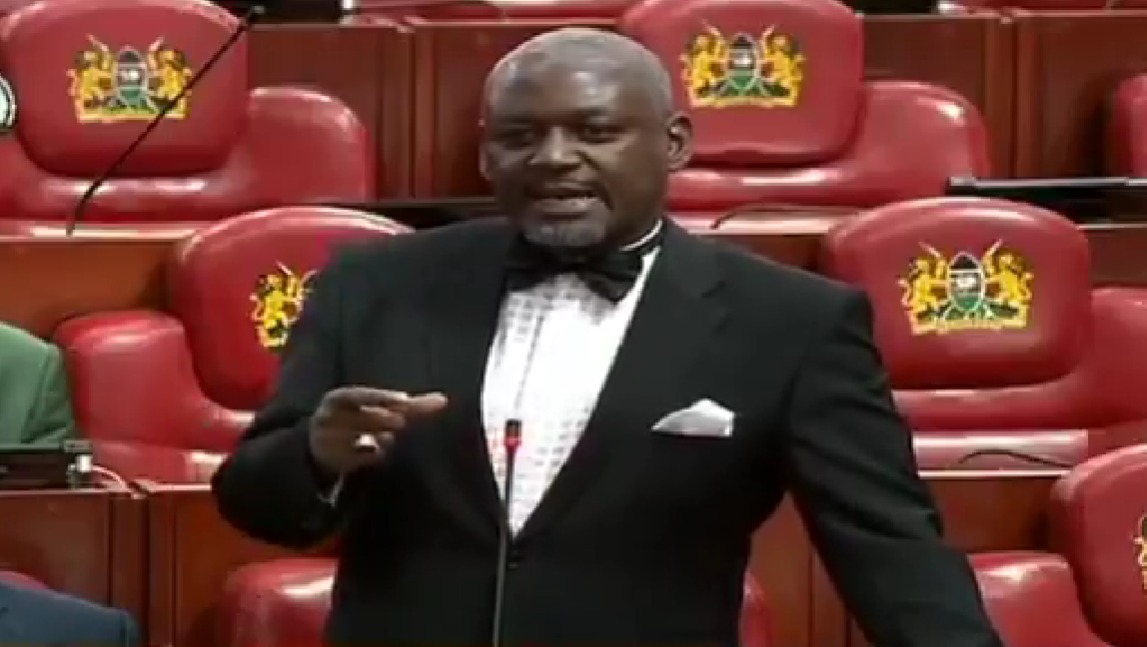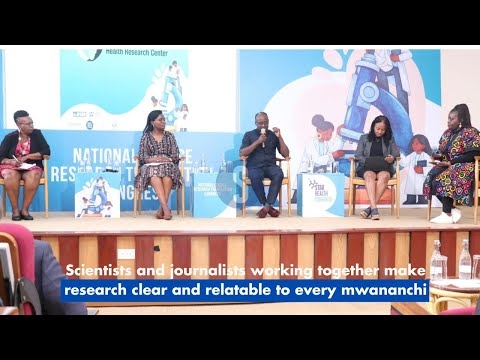

Rarieda MP Otiende Amollo has warned that Kenya’s
broad-based government, though positive for national unity, is inadvertently
weakening parliamentary oversight.
Speaking on Spice FM, Otiende said the arrangement, designed
to promote inclusivity and political stability, has reduced scrutiny of
government bills and policies.
“I can tell you that while the broad-based government is a
good thing for this country, one of the unintended effects it has had on
Parliament is to reduce the level of scrutiny and opposition to bills that may
not be good,” he said.
The legislator noted that lawmakers who question certain
government proposals are often accused of opposing the broad-based arrangement.
“Some of us who question this are then said to be opposed to
the broad-based government. I am one, for example, because I raise questions
during debate, and some people have concluded that I am among those opposed,”
he said.
Otiende clarified that he supports the unity government but
maintains that MPs must retain their constitutional role of oversight.
“I support the broad-based government, but that 10-point
framework agreement does not say anywhere that we must support legislation and
proposals even if they are not correct,” he added.
The legislator’s remarks come amid growing debate on the
implications of the broad-based government model formed to bridge political
divisions after the 2022 elections.
Critics have expressed concern that the inclusion of
multiple political parties in the executive has blurred the line between
government and opposition, weakening accountability mechanisms.
Supporters, however, argue that the arrangement has fostered
political stability and national cohesion.
The broad-based arrangement was signed on March 7, 2025 by
President William Ruto and late ODM leader Raila Odinga.
Raila stated that the deal aims to stabilise and save the
country.
He emphasised that the agreement seeks to address chronic
social, economic, and political challenges facing Kenya.
Raila clarified that the agreement was between ODM and UDA,
not the Kenya Kwanza Alliance.
"Today, we have signed a memorandum of understanding
between ODM and UDA. The core objective of this MoU is to ease the prevailing
tensions in the country," Raila stated.
He added that the broad-based agreement would help reconcile
the population and alleviate their suffering by addressing critical social,
political, and economic issues.
As leaders of Kenya’s two largest political parties, Raila
said they agreed to work together, recognizing that in times of major change,
grandstanding or standing aside to critique is not enough.
"We have agreed to build our country rather than tear
it down," Raila said.
"We will use our parties as broad platforms to bring
together diverse voices, opinions, and concerns to address the country’s most
pressing challenges."













